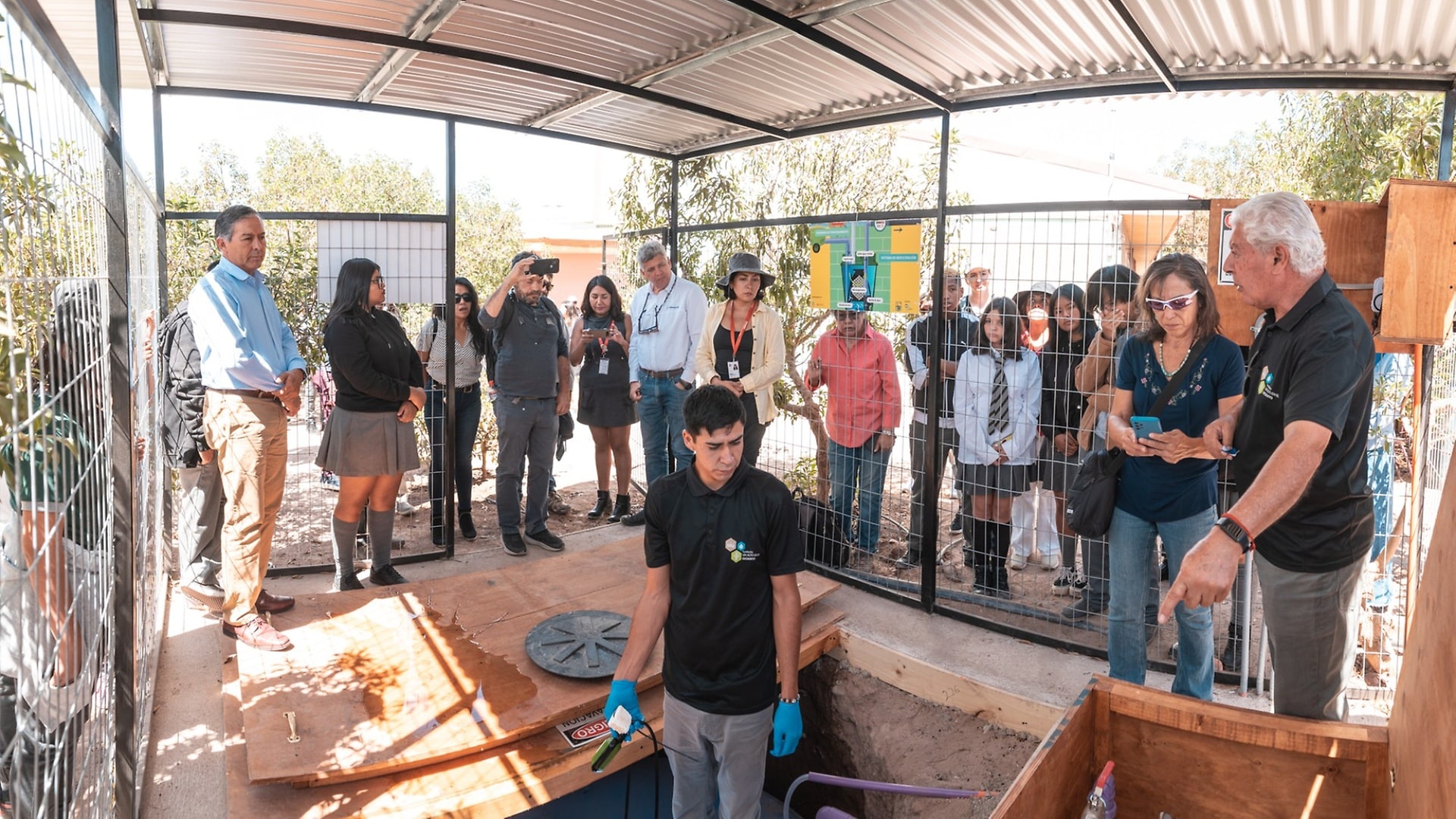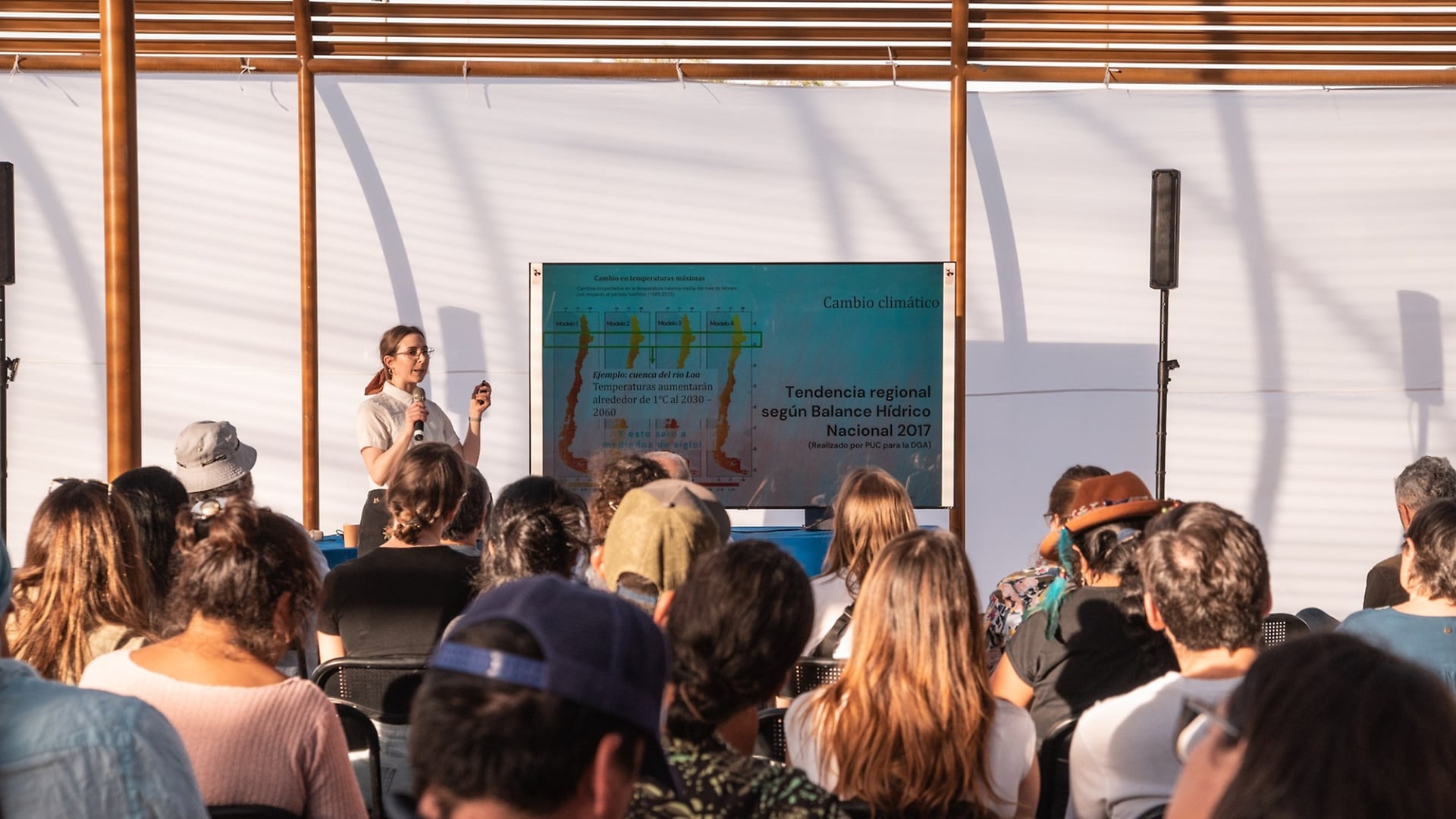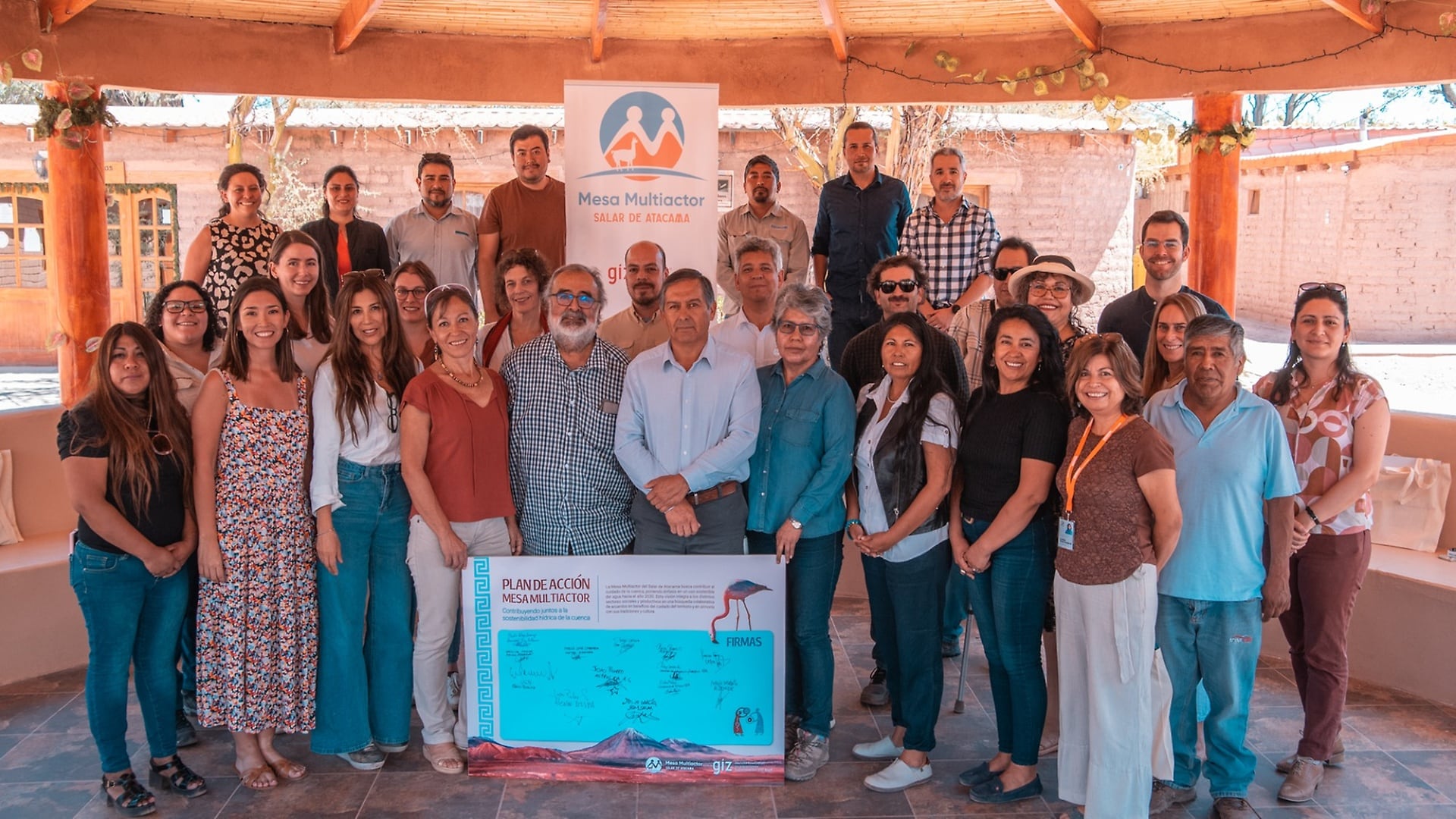In 2021, Mercedes-Benz joined forces with other leading companies to launch the Responsible Lithium Partnership, which promotes the responsible use of natural resources such as lithium in Chile's Salar de Atacama.
,xPosition=0,yPosition=0.5)
Responsible Lithium Partnership
Mercedes-Benz AG
Mercedesstraße 120
70372 Stuttgart
Germany
Phone: +49 7 11 17-0
E-Mail: dialog@mercedes-benz.com
Please send queries about content on this website to any contact. You can address your concerns to us in English and your respective national language.
Represented by the Board of Management:
Ola Källenius, Chairman; Jörg Burzer, Mathias Geisen, Olaf Schick, Michael Schiebe, Britta Seeger, Oliver Thöne, Harald Wilhelm
Chairman of the Supervisory Board: Martin Brudermüller
Court of Registry: Stuttgart; commercial register no. 762873
VAT ID: DE 32 12 81 763
All information about our products can be found on your country-specific Mercedes-Benz product page.
,xPosition=0,yPosition=0.5)
Responsible Lithium Partnership
In 2021, Mercedes-Benz joined forces with other leading companies to launch the Responsible Lithium Partnership, which promotes the responsible use of natural resources such as lithium in Chile's Salar de Atacama.
Large lithium reserves and a significant share of the current output are located in the Salar de Atacama. The overarching goal of this partnership was to promote a dialogue between local stakeholders based on scientific facts, to review these facts, and to seek solutions through a participatory process. The outcome was a multi-stakeholder roundtable known as Mesa Multiactor. With the establishment of an independent foundation that will continue the work of Mesa Multiactor, Mercedes-Benz and the other companies have completed their commitment to this project in 2025. The insights gained will serve as a blueprint for future projects.
At Mercedes-Benz, we believe that transparency and collaboration drive sustainability in the supply chain. The Responsible Lithium Partnership has demonstrated the importance of bringing together different stakeholders to tackle complex challenges. It has contributed to a deeper understanding of the human rights and environmental risks in the Salar de Atacama and enabled effective solutions. We are proud to have contributed to this important initiative from the outset and look forward to seeing further progress.
Victoria Lindner
Project Coordinator, Responsible Lithium Partnership, Mercedes-Benz AG
Both electromobility and increasing digitalisation will create a rising demand for lithium in battery production in years to come. Lithium is one of 24 raw materials Mercedes-Benz has identified where their use, extraction, or processing is potentially critical from a human rights’ perspective.
Raw material assessments conducted under the umbrella of our Human Rights Respect System create transparency in supply chains and identify measures to reduce risks. Our raw material assessment for lithium revealed that some of the lithium in our supply chains comes from Australia, while Chile, and specifically the Salar de Atacama region, is another source.
Not only is the Salar de Atacama’s ecosystem fragile; there is also a lack of scientific knowledge and societal consensus on the impact of economic activities, particularly lithium mining. Potential risks from brine and water use, such as a sinking water table, could affect the ecosystem and people’s livelihoods. Water scarcity therefore plays a key role, as does the protection of valuable habitats and biodiversity in the Salar de Atacama.
In 2021, the Responsible Lithium Partnership was launched to promote a more sustainable use of natural resources in the Salar de Atacama, and financed by the Mercedes-Benz Group, BASF SE, the BMW Group, Daimler Truck AG, Fairphone, and the Volkswagen Group. The partnership was coordinated by the German Corporation for International Cooperation (GIZ) with the aim of finding common ground and creating a multi-stakeholder roundtable (Mesa Multiactor). The latter’s mission was to promote the sustainable use and protection of water resources in the Salar de Atacama by 2030 through inclusive dialogue between the various stakeholders.

Some 20 stakeholders from various sectors, including representatives of indigenous communities, civil society, academia, and the public and private sectors, are now working together in the Salar de Atacama as part of the multi-stakeholder roundtable.
The participatory manner in which the issues were discussed from the outset of the project enabled the generation of ideas, identification of needs, and development of a concrete action plan that benefits all the stakeholders.
Erika Muñoz
San Pedro de Atacama Tourism Cooperation
At a total of 26 roundtable meetings from September 2021 to the end of 2024, the participants developed a joint action plan with the aim of protecting the catchment area’s water resources and managing them more sustainably. Of the 30 measures agreed on, 15 had already been fully implemented by February 2025, including a register of all water rights’ holders, geological and hydrological mapping, water scarcity campaigns, improving drinking water supplies for local communities, and recycling gray water. Mesa Multiactor additionally reviewed more than 300 studies and reports on water in the Salar de Atacama and made them available in a public library to close existing information gaps.

The project's most important achievements include networking existing organisations, developing water infiltration projects, and ensuring that stakeholders remain engaged and informed.
Benigno Reyes
President of the Association of San Pedro de Atacama River Irrigators and Farmers
Since February 2025, the multi-stakeholder roundtable has been continuing its work in Chile as an independent foundation. This has laid the foundations for ensuring sustainable change in the Salar de Atacama beyond the project period financed by the above-mentioned companies.
The Responsible Lithium Partnership delivered valuable insights for more responsible use of natural resources, and especially lithium. The aim is to transfer the knowledge gained to future projects and other raw materials:
The concluding assessment of Mesa Multiactor confirmed its positive impact on trust and cooperation. 60% of those familiar with the project stated that the roundtable had improved relations between local stakeholders and their collaboration. The open exchange of ideas was particularly valuable, as it enabled early conflict detection and promoted a common understanding of complex challenges.

This article was last updated in November 2025.